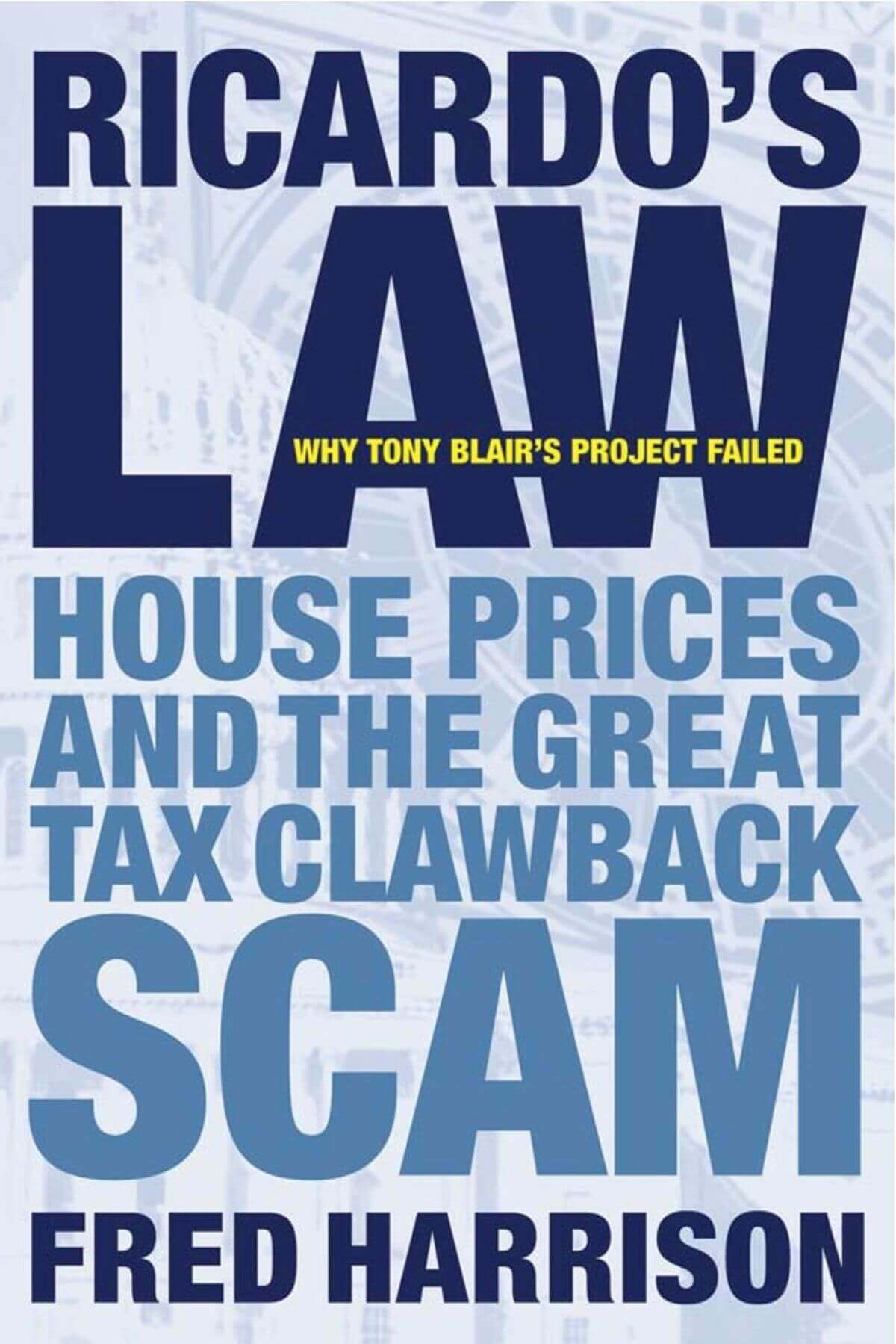In their Global Risks Report the World Economic Forum listed five environmental issues as the top risks to the global economy in 2020, overshadowing all other risks, including economic, and called for a new “growth paradigm” that addresses the interconnectedness of socio-economic factors with climate change.
In an article entitled ‘The Greening of Mrs Thatcher’, The Economist reported her as stating in her Tory Party Conference speech in 1988 that ‘No generation has a freehold on this earth. All we have is a life tenancy – with a full repairing lease’. Perhaps unwittingly, she pointed to a practical way in which environmental and economic issues could be harmonised. If all we have is a life tenancy, then who gets the rent? Currently it is the landowner, which leads to the present economic inequality, but if it were paid to the government, not as owner, which would be land nationalisation, but as trustee for the nation, then there would be no need for taxation.
The significance of economic rent as a source of taxation was first noted by David Ricardo in his Principles of Political Economy and Taxation. More recently, the Nobel laureate, Joseph Stiglitz, at an event billed as ‘Celebrity Economists’ debating ‘What causes inequality?’ organized by the Institute for New Economic Thinking in Paris in 2015, stated in his concluding remarks:
‘The underlying problem is the whole structure of our economy, which has been oriented more at increasing rents than increasing productivity and real economic growth that would be widely shared in our society. There are actually a lot of policies one should think about, but one has always to think about issues of shifting so that, for instance, just a tax on capital might be shifted, and a lot of the models have shown this would happen, but a tax on land, rents, would actually address some of the underlying problems. This is the idea that Henry George had more than a hundred years ago, but this analysis that I have done, goes one step beyond Henry George. He argued that a land tax was non-distortionary, but this analysis says that a land tax actually improves productivity of the economy because you encourage people to invest in productive capital rather than into rent generating. Well, the result of the shift in the composition of the savings towards more productive investment leads to a more productive economy, and in the end leads to a more equal society.’
Sharing the economic rent is the key to establishing a fair and just society based on equal rights and equal opportunity. At present government is funded by taxing wages, services and goods which results in less production and leaves the average earner less money to spend. Around 3,000,000 families in the UK live in poverty and need to rely on the benefits paid for by taxation.
Environmental concerns to which Mrs Thatcher was referring could be covered in the terms of the ‘full repairing lease’ which could impose a duty of care for the environment on the tenant. Arguing for tougher sanctions against those responsible for degrading the environment, the author of Eradicating Ecocide called for ecocide to be internationally recognised as the fifth Crime Against Peace, making heads of corporate bodies personally responsible.
The occupant of land would then have two responsibilities:
- To keep the land in good condition, safe-guarding the environment for future generations;
- To pay a market determined ground rent for the benefits conferred by the location of their property, making taxation unnecessary.






